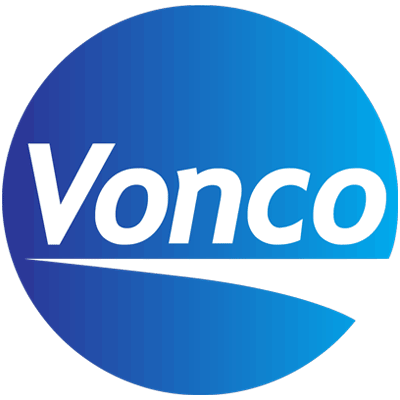In an era where sustainability is a key consumer demand, brands across sectors—including personal care, household and beauty—are rethinking their packaging strategies to minimize environmental impact. A notable trend is the shift from traditional rigid bottles to flexible packaging, which alone can reduce plastic usage by an average of 70%. By incorporating post-consumer recycled (PCR) materials, we further enhance sustainability, meeting both environmental objectives and consumer expectations for eco-friendlier products. At Vonco, we are dedicated to delivering innovative flexible packaging solutions that support a circular economy and drives brand innovation.
What is PCR, and Why Does It Matter?
PCR material refers to plastic that has been used by consumers and then collected, sorted, cleaned, and reprocessed into new packaging. This not only reduces the reliance on virgin plastics but also plays a crucial role in diverting waste from landfills and oceans, lessening both environmental impact and the demand for new plastic production.
What are the Environmental and Commercial Benefits of PCR Flexible Packaging?
Environmental Conservation:
- Reduction in New Plastic Production: By using PCR, we significantly cut down on the need for new plastic, which in turn reduces greenhouse gas emissions, conserves energy, and minimizes natural resource depletion.
- Supporting the Circular Economy: Vonco’s flexible packaging solutions are part of a larger movement towards a circular economy, where materials are reused and recycled indefinitely.
Waste Reduction:
- Diverting Plastic from Ecosystems: Utilizing PCR helps reduce the immense volumes of plastic waste that pollute our planet and is crucial for protecting delicate ecosystems and biodiversity.
- Enhancing Waste Management Practices: Flexible packaging generally requires less material than traditional rigid packaging, which not only minimizes the use of raw materials but also reduces the volume of waste ending up in landfills, further decreasing environmental impact. Through the use of PCR, we contribute to more efficient waste management by giving discarded plastics a new life.
Consumer Appeal:
- Meeting Consumer Expectations: Today’s consumers are more environmentally aware and prefer to support brands that demonstrate a commitment to sustainability. By adopting PCR packaging, brands can attract and retain these conscientious customers.
- Building Brand Loyalty: Companies that prioritize eco-friendly practices see an increase in brand loyalty and positive brand perception, which can drive long-term success.
Conclusion
Embracing PCR materials in flexible packaging is more than a trend; it is a pivotal step towards a more sustainable future. The benefits extend beyond environmental preservation to include enhanced consumer satisfaction and market competitiveness. As companies increasingly adopt this approach, they not only reduce their ecological footprint but also encourage industry-wide innovation towards more sustainable practices.

